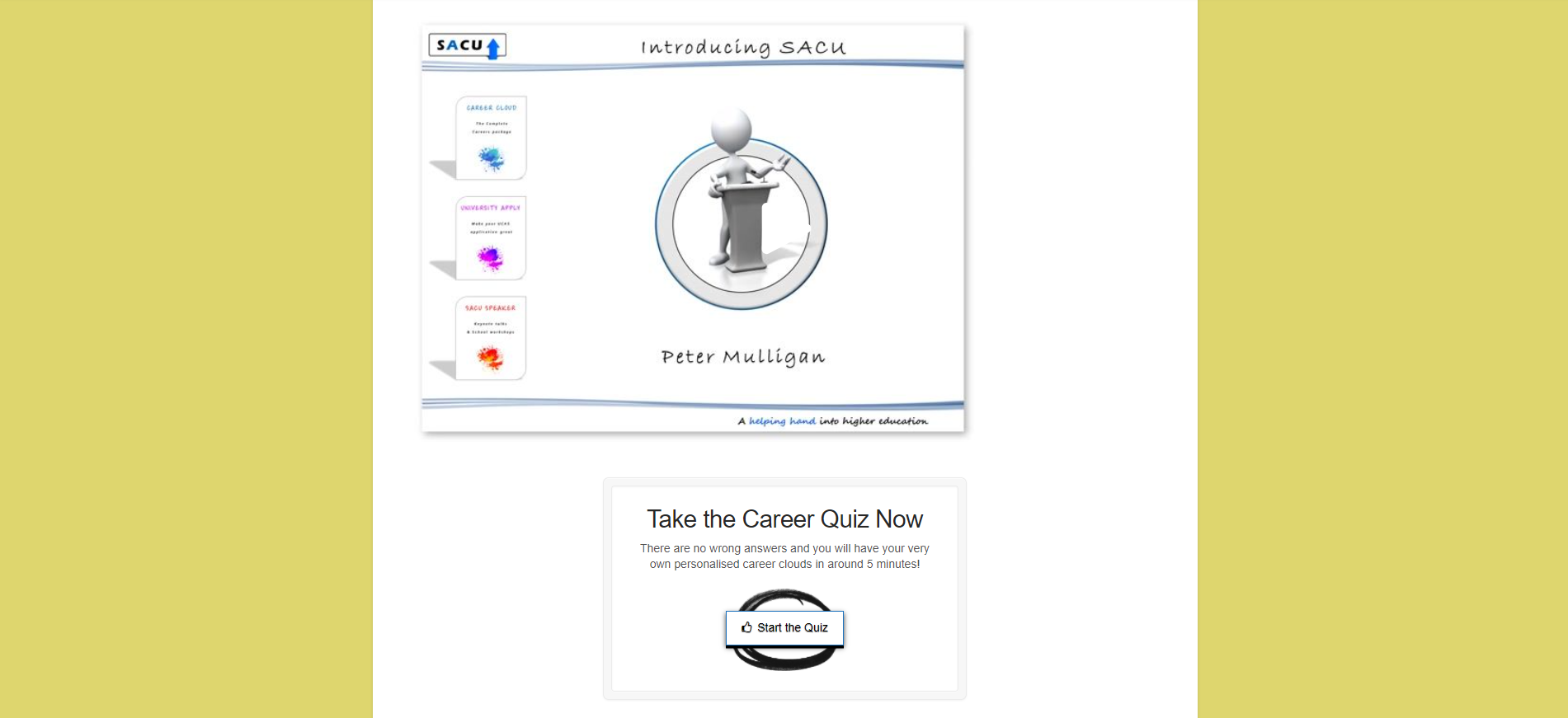
There are many education degrees. Before you decide which education degree to pursue there are many factors to consider. These include the requirements of the degree, the outlook for employment, and the career path. This article provides information about various career paths and educational degrees. You can also get useful tips on how to choose the right course.
Careers in education
Education can offer a rewarding career, with many different opportunities. Some jobs involve more administrative work, while others require you to interact with students and teachers. Some even have to develop curriculums or assist students with problems. These careers may also be part of federal government. Some are even available for private practice.
The first step in pursuing a career in education is to determine what you would like to do. Perhaps you are interested in teaching, researching education policies, or working with education technology. It typically takes around a year to complete the Careers in Education program. The core curriculum includes four elective courses. An Advanced Course Request form will be required if you are interested in a new career path.

Degree requirements
The requirements for undergraduate studies vary by major and institution. Some require a high-school diploma or GED certificate. Other requirements are more flexible. Some schools may require a minimum GPA or remedial courses. Some schools allow you to take courses which are part of your minor or major. It is important to know what requirements are for a graduate program if you plan on applying.
A degree in education may lead to a variety if positions in public and private schools. Teachers and administrators may be able, depending on their education degree, to work in the leadership or administration of educational institutions. Many teachers will go on to further their studies to earn a master's degree.
Job outlook
You should consider your future career prospects and the outlook for your job. According to the U.S. Bureau of Labor Statistics higher education levels are associated with higher earnings and lower unemployment. However, education is not always the determining factor for the highest paying career. People with lower education can still succeed in their chosen field.
The job outlook measures the change of employment rates in a specific occupation over a period of time. It is usually measured over two, five, or 10 years. These numbers are used by economists as a way to project the employment rate for a given occupation in this timeframe. Because it indicates how likely a career will grow, the expected change in employment is an important factor when considering a career.

Career paths
There are many career options available for those who want to continue their education. There are four-year colleges and two-year colleges as well as vocational programs and the military. Many young people have difficulty in school due to learning disabilities or thinking difficulties. They mistakenly believe that the only choice is a four-year university, when in fact there are several other options.
Reading, talking to others in the field and asking your friends and family for their help can provide information. You can also search for opportunities in the community. You can also attend career fairs or conferences.